From pv magazine Global
US-based startup Mango Power recently unveiled a 3.5 kWh battery system that can be used to meet both home backup needs and portable power requirements. The system can be expanded up to 14 kWh.
Up to two standalone or expanded units can be connected to further increase the total capacity to 28 kWh. The system provides a 3 kW output capability (expandable to 6 kW) and supports a 240 V output to power heavy-duty appliances.
Mango Power has incorporated four charging methods, as well as 16 output ports, to make the Mango Power E suitable for various scenarios. Input methods include AC wall outlets (up to 3,000 W), solar panels (up to 2,000 W, 60 V to 150 V), EV charging (EV1772), or generators. It charges up to 80% in one hour in quick-charge mode.
In terms of output, the Mango Power E includes four 20 A (AC) output ports, six 27 W USB-A ports, 2 USB-C ports (65 W and 100 W), one car power output at 12 V/10 A, two DC 551 ports, and one AC RV port at 30 A.
The system features CATL’s lithium-iron phosphate (LFP) battery cells. Its lifespan exceeds 2,000 cycles. The Mango Power E also comes with a five-year warranty.
Mango Power is a newcomer to the battery energy storage space. It said it launched late last year, after crowdfunding more than $1 million for its “two-in-one, home-and-portable battery system” in a matter of “minutes.”
Its latest product announcement follows the launch of the Mango Power M Series earlier this year. The product can be used as an 18 kW PV energy system, as storage with a 15 kWh to 20 kWh battery for daily use and emergency purposes, and to provide full house power backup, including fast charging for EVs.
In addition, the M Series uses CATL LFP battery cells and comes with a 10-year warranty. It comes in different versions for the US and EU markets, and supports single- and triple-phase connections with 12 kW of output capability.
The recommended retail price for a 12 kW/15 kWh system is $19,499 ($19,899 with 9.6 kW home EV charger), and $22,999 for a 12 kW/20 kWh system ($23,399 with a 9.6 kW home EV charger).
This content is protected by copyright and may not be reused. If you want to cooperate with us and would like to reuse some of our content, please contact: editors@pv-magazine.com.
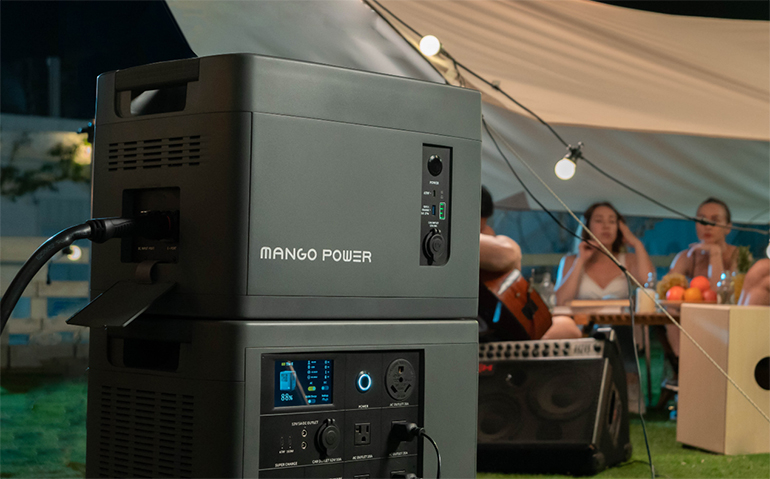
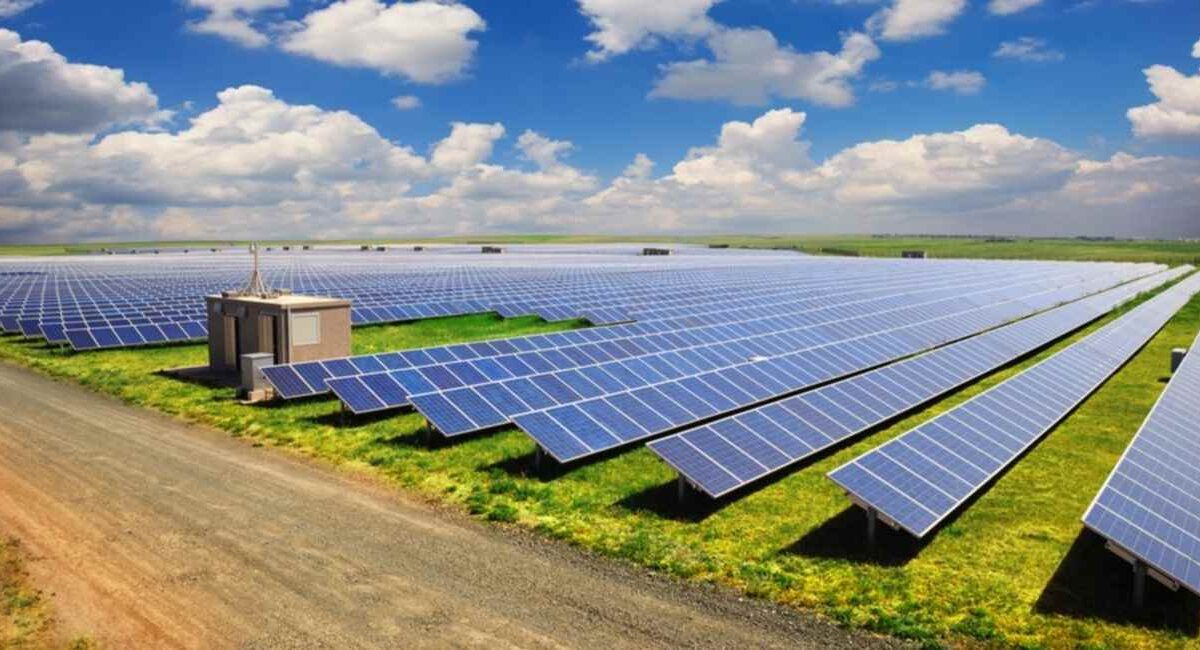


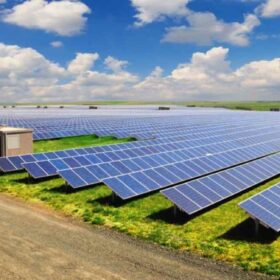
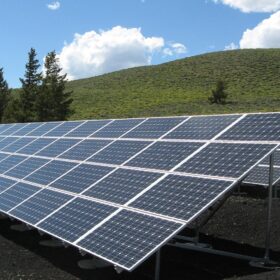

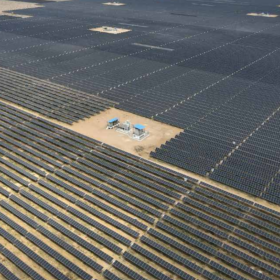

By submitting this form you agree to pv magazine using your data for the purposes of publishing your comment.
Your personal data will only be disclosed or otherwise transmitted to third parties for the purposes of spam filtering or if this is necessary for technical maintenance of the website. Any other transfer to third parties will not take place unless this is justified on the basis of applicable data protection regulations or if pv magazine is legally obliged to do so.
You may revoke this consent at any time with effect for the future, in which case your personal data will be deleted immediately. Otherwise, your data will be deleted if pv magazine has processed your request or the purpose of data storage is fulfilled.
Further information on data privacy can be found in our Data Protection Policy.